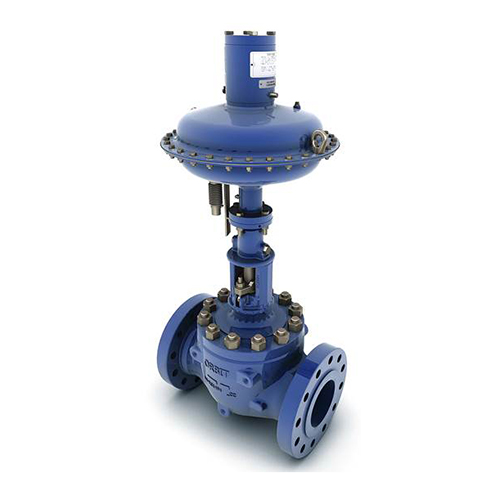Real-World Applications for Electric Linear Actuators
- Material handling. This is a universal need for every type of manufacturing operation.
- Robotics. The automotive industry and any number of others are now using robotics to improve production quality and accuracy and control production costs. Electric linear actuators meet the sophisticated needs of robotics. They can control and repeat extremely precise movements, control rate of acceleration and deceleration, and control the amount of force applied. And they can combine all these movements on multiple axes simultaneously.
- Food and beverage manufacturing. Cleanliness is critical in these industries, and electric linear actuators are both clean and quiet. In addition, food and beverage, medical device, semiconductor, and some other applications also require stringent washdown protocols. Electric actuators are corrosion-resistant and have a smooth design that offers few crevices where bacteria or dirt might accumulate.
- Window automation. Manufacturing facilities and other large-scale indoor operations are constructed with heavy-duty ventilation systems, but in some cases, natural ventilation is also desirable, especially to help control indoor temperature. Electric linear actuators make it easy to remotely open and close heavy and/or high windows.
- Agricultural machinery. Although heavy equipment and attachments are often powered with hydraulics, machines that directly contact food or which require finessed movements can be fitted with electrical actuators instead. Examples include combines that thresh and convey grains, spreaders with adjustable nozzles, and even tractors.
- Solar panel operation. For optimal operation, solar panels must tilt to directly face the sun as it moves across the sky. Electric actuators enable commercial installations and utilities to efficiently and consistently control large solar farms.
- Cutting equipment. For example, factories that manufacture carpet or printing facilities may use electric actuators to raise and lower cutting blades. Again, cleanliness can be important in these environments even if it isn’t a food safety issue.
- Valve operation. Many types of processing plants incorporate valves to control the flow of raw materials and finished products throughout the facility.
- Non-Industrial Applications. We’re talking about how electric linear actuators are used in industrial applications, but they are also used increasingly in residential or office settings where hydraulics and pneumatics are not an option. They are tidy, clean, and simple. Electric actuators now offer easy remote operation of windows and window coverings, for example, strictly as a convenience feature or to assist disabled individuals.
product available on request
Information available on request

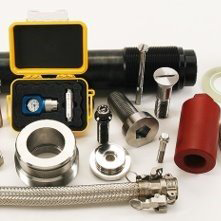 Accessories
Accessories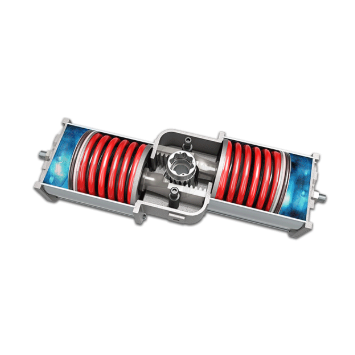 Actuators
Actuators Ball Valves
Ball Valves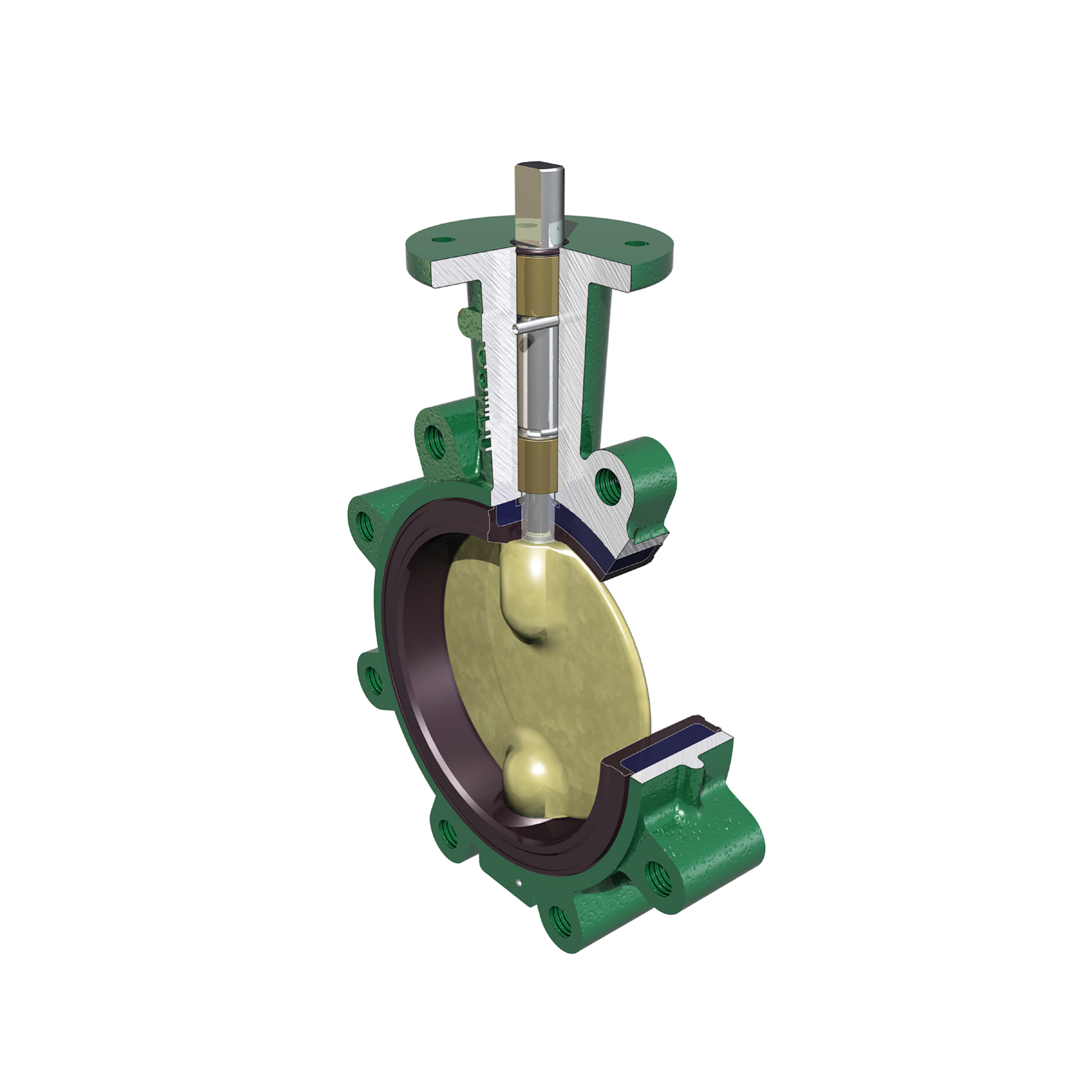 Butterfly Valves
Butterfly Valves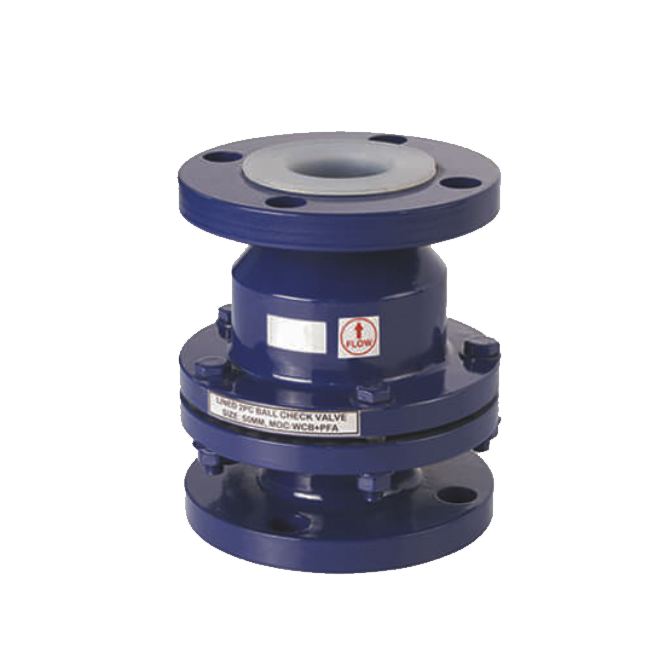 Check Valves
Check Valves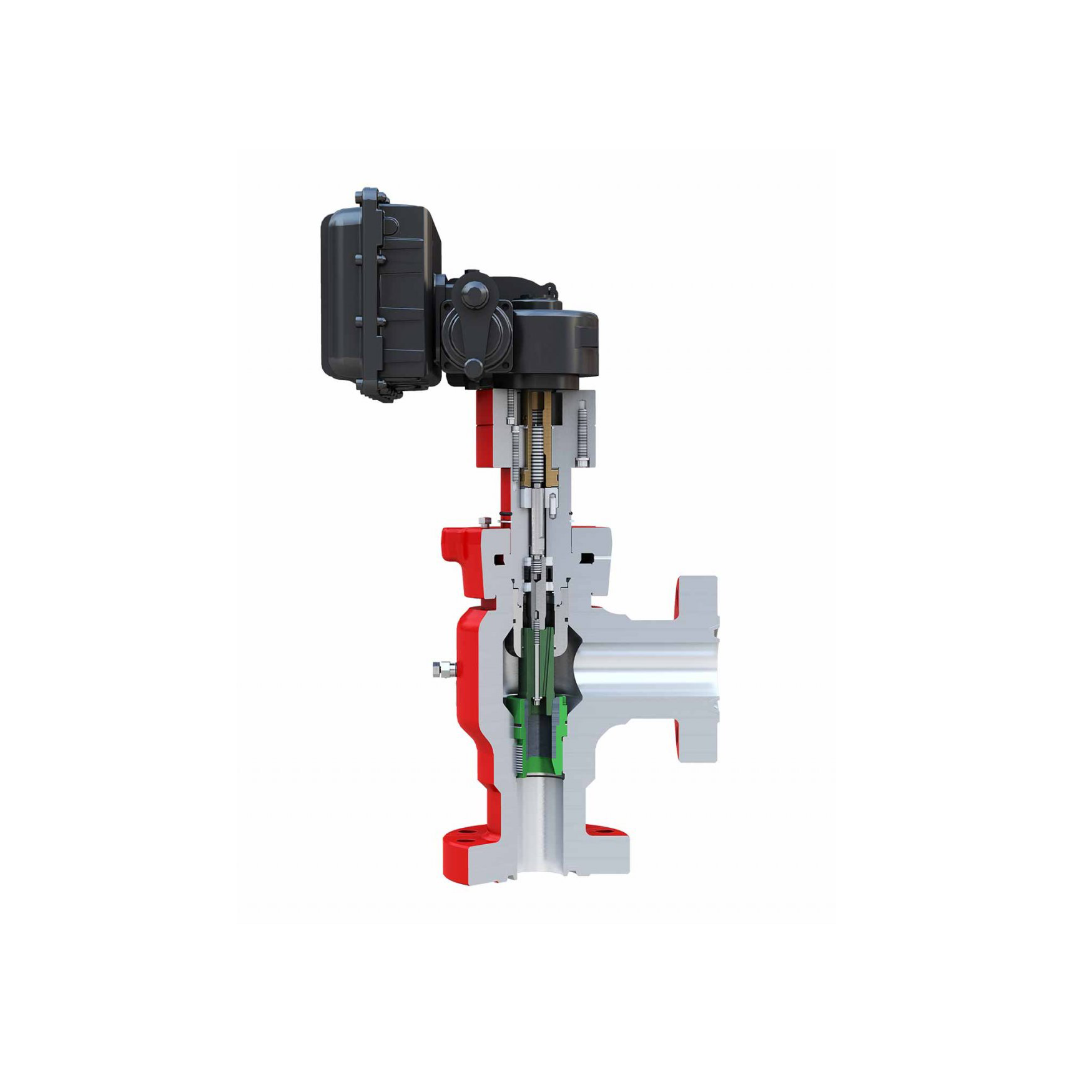 Choke Valves
Choke Valves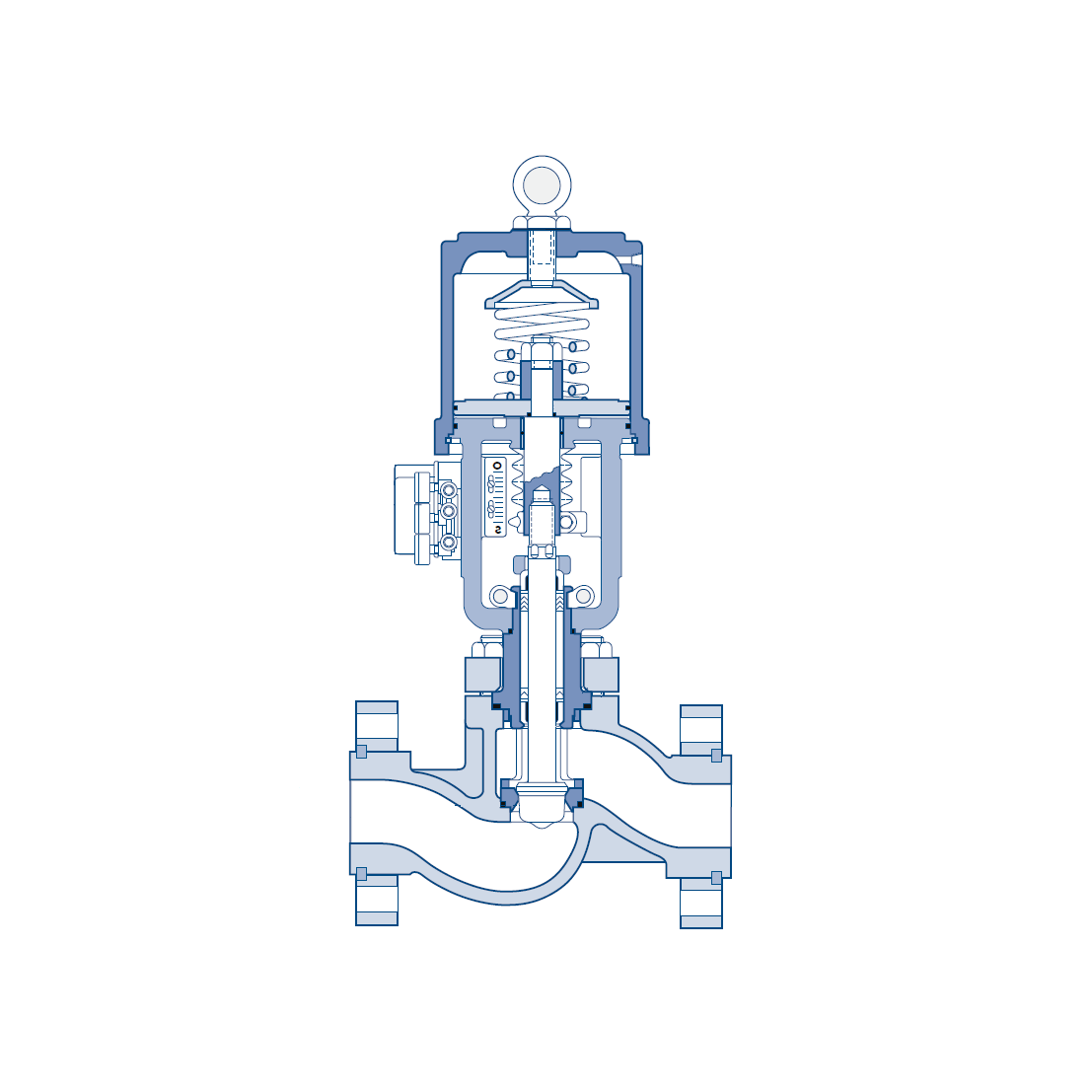 Control Valves
Control Valves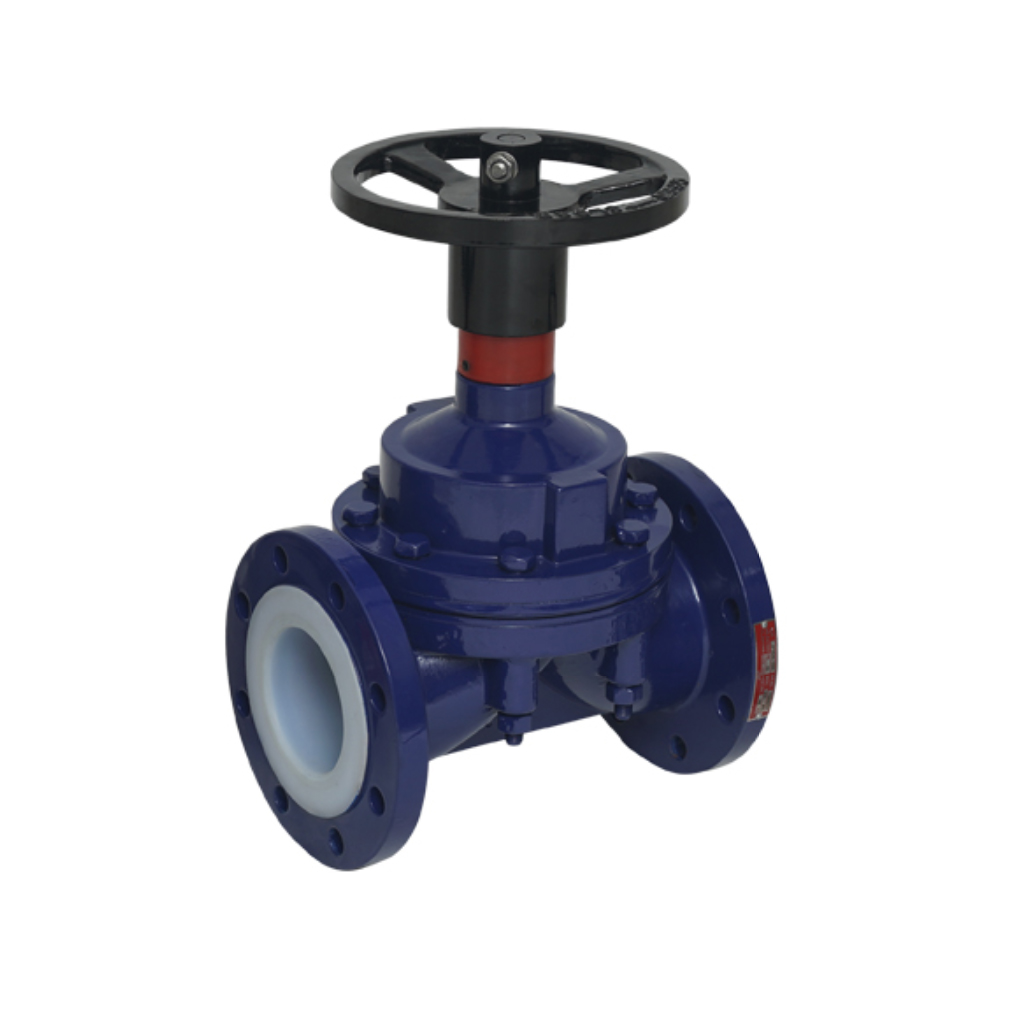 Diaphragm Valves
Diaphragm Valves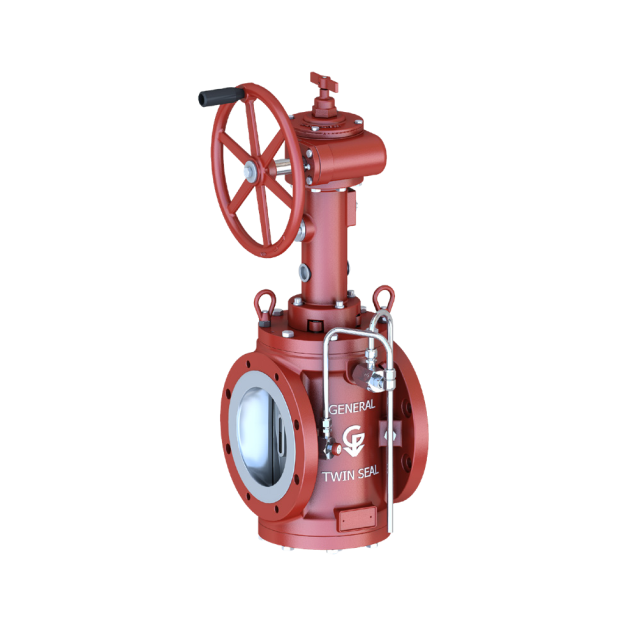 Dual Expanding Plug Valves
Dual Expanding Plug Valves Fittings
Fittings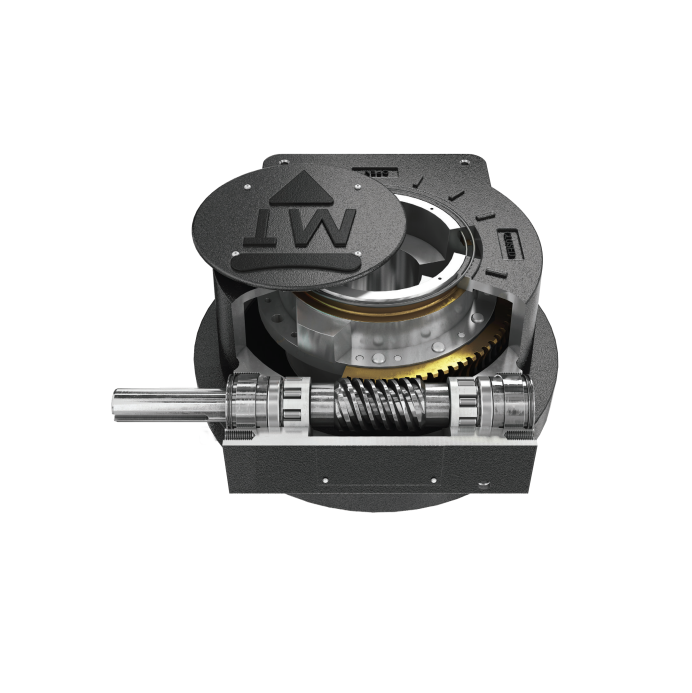 Gear Box
Gear Box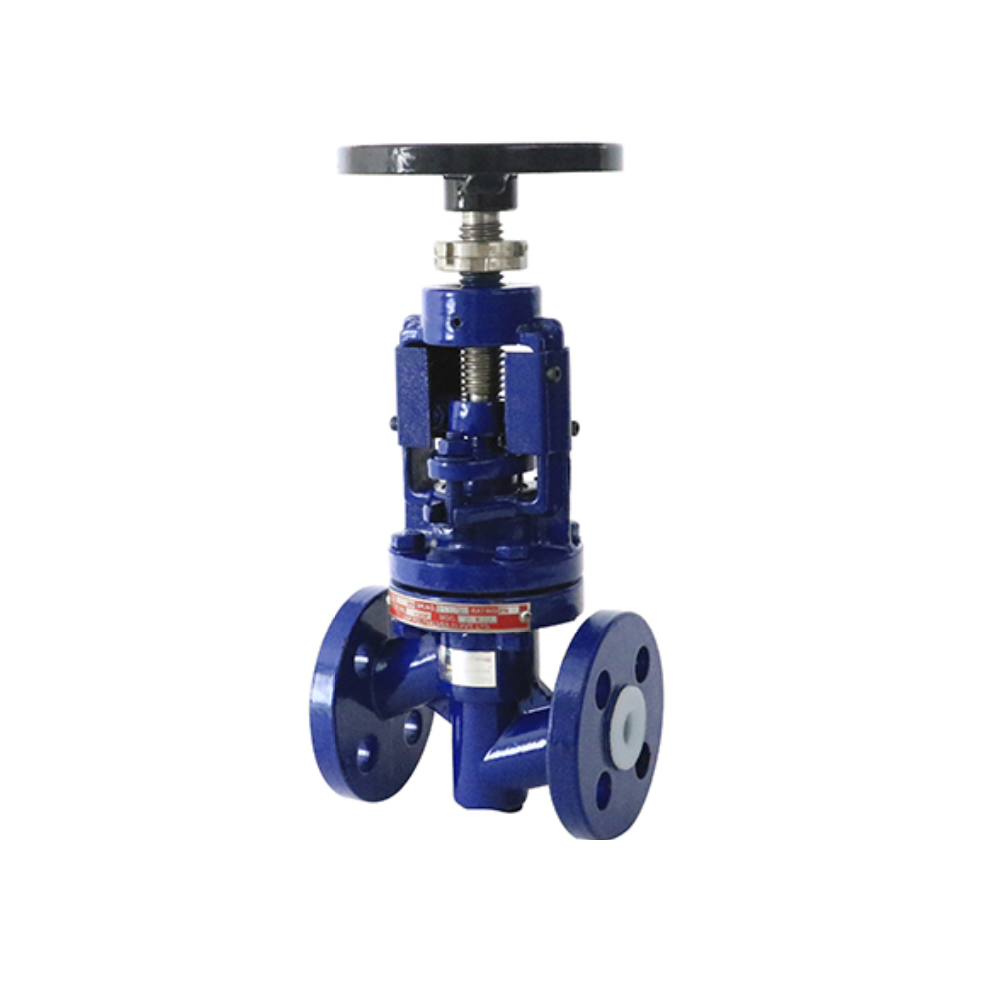 Globe Valves
Globe Valves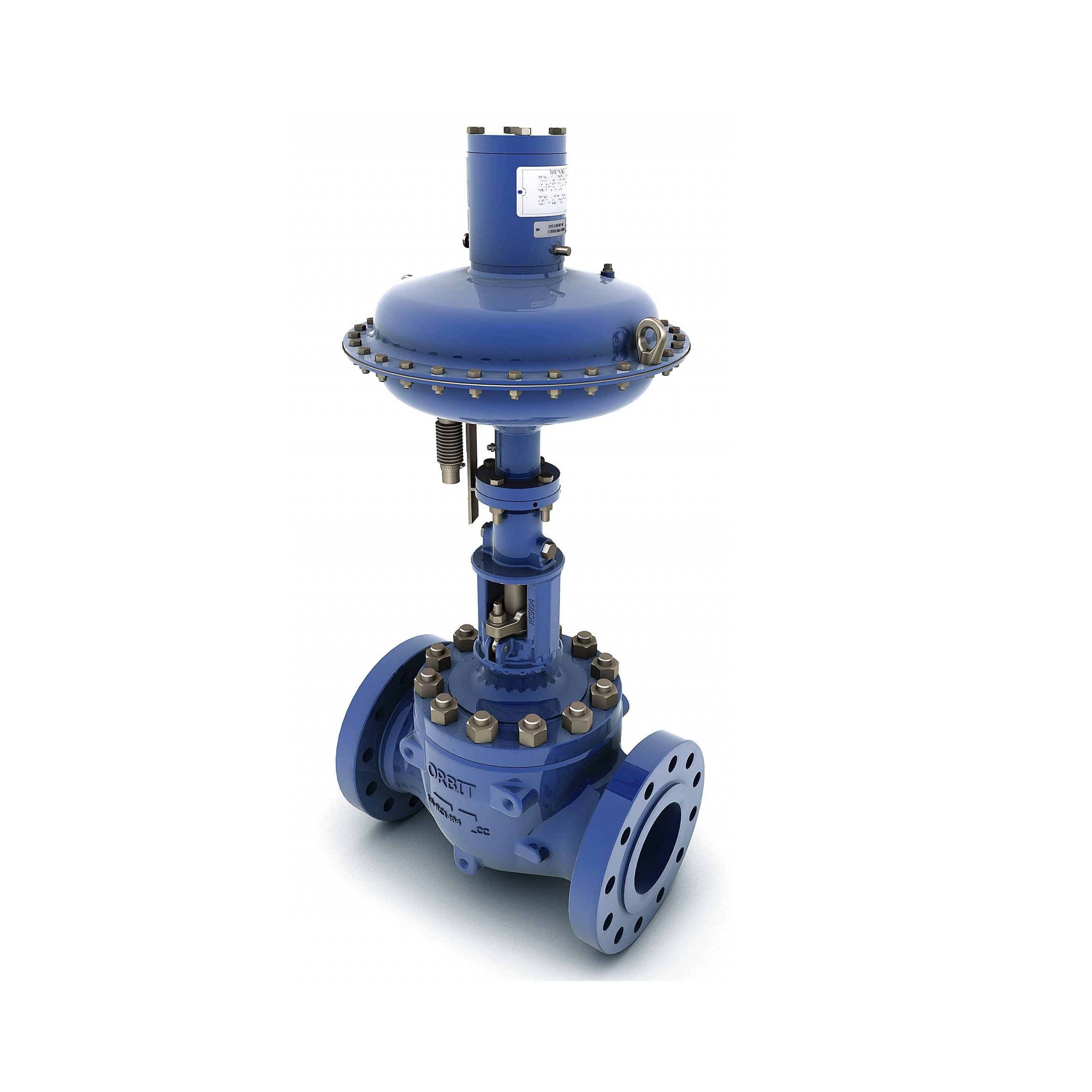 Rising Stem Ball Valves
Rising Stem Ball Valves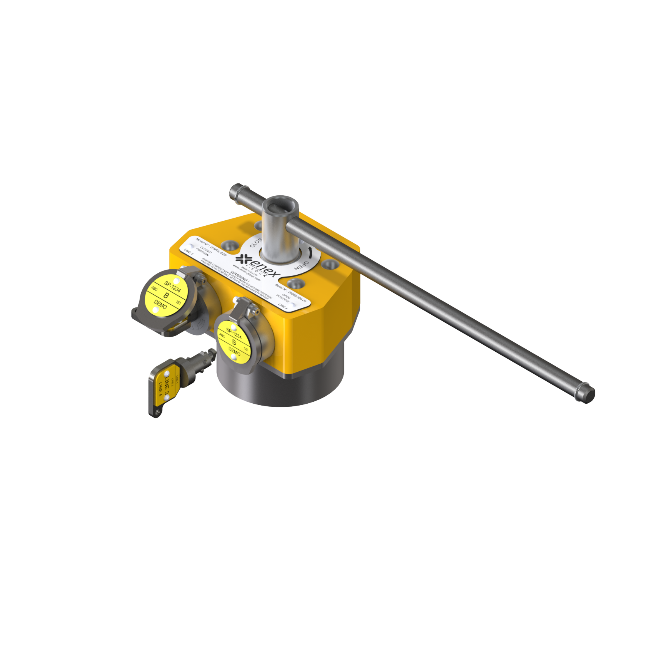 Interlocks
Interlocks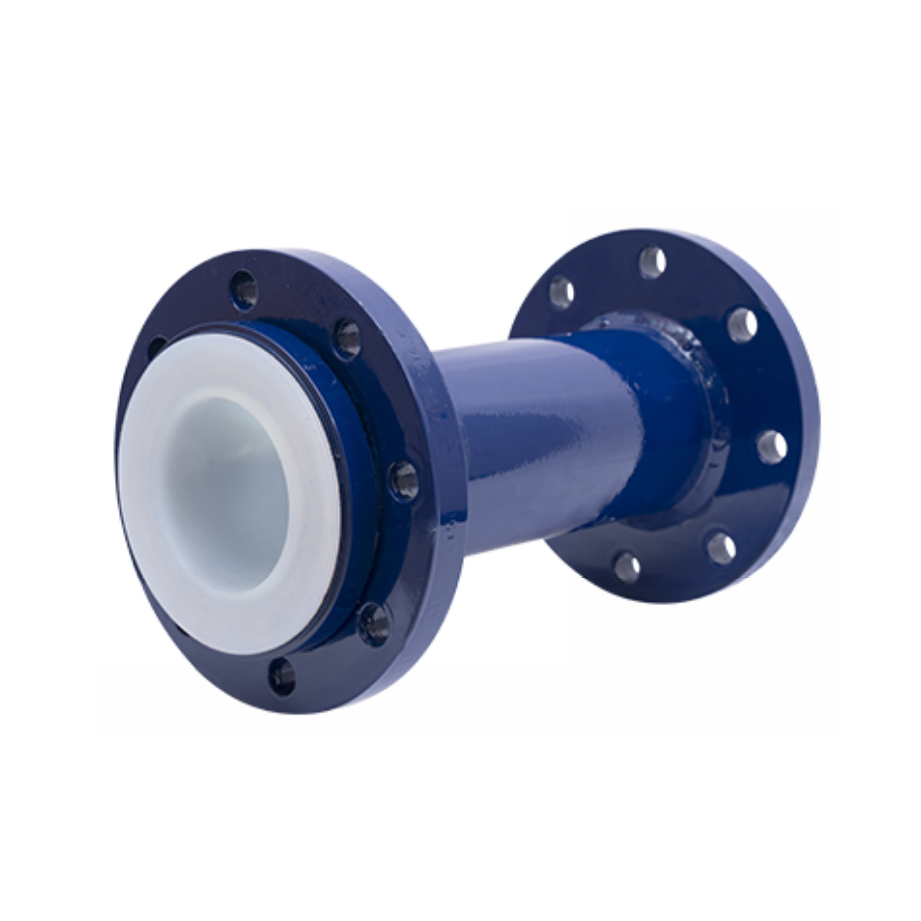 Pipes
Pipes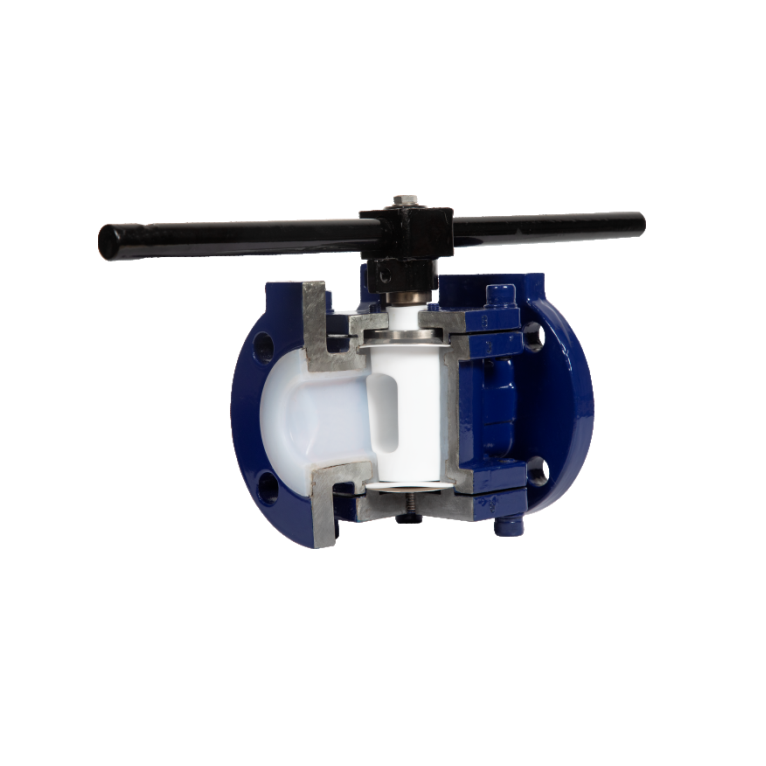 Plug Valves
Plug Valves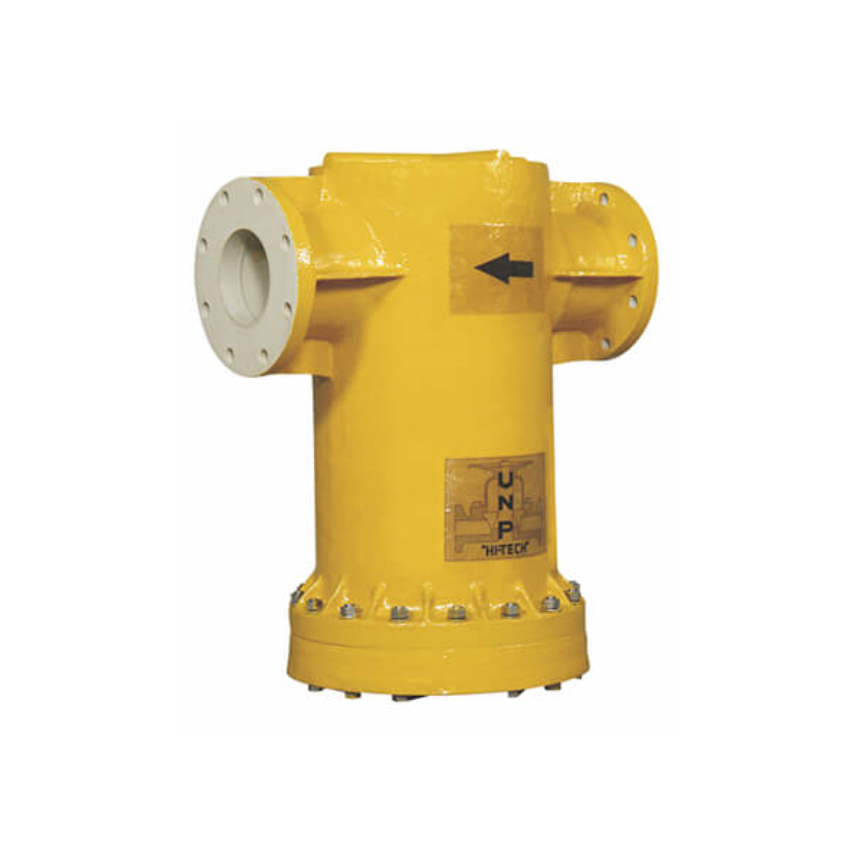 Strainers
Strainers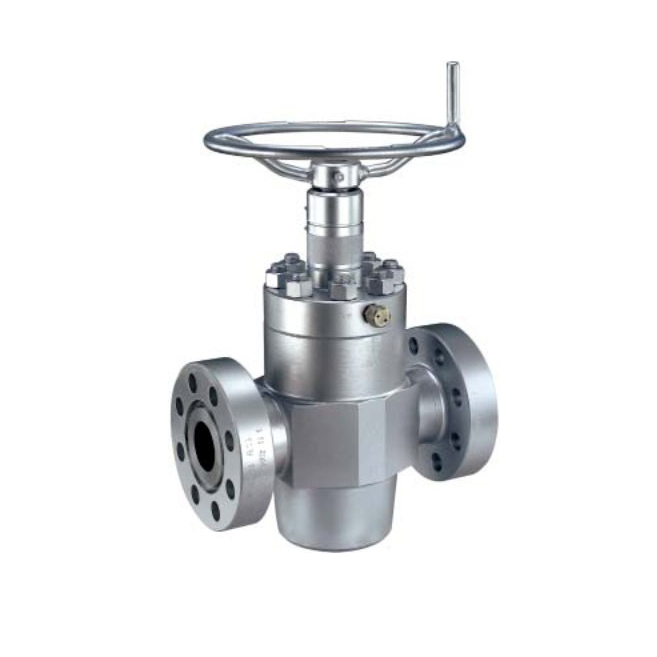 Gate Vavles
Gate Vavles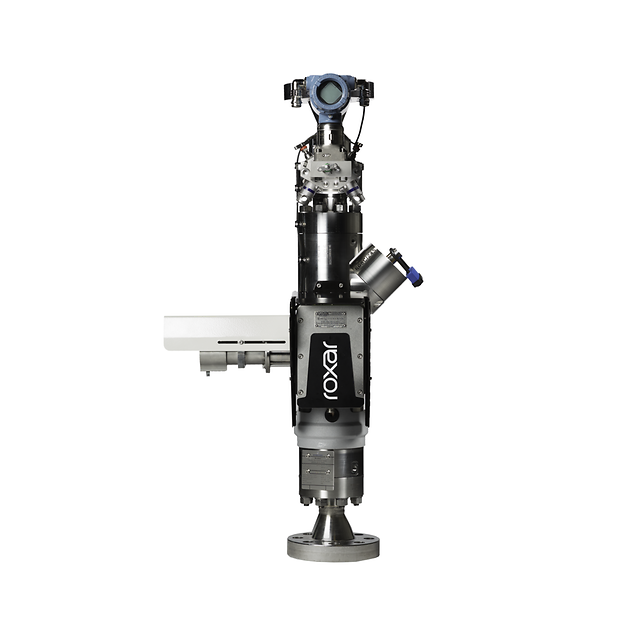 Instrumentation
Instrumentation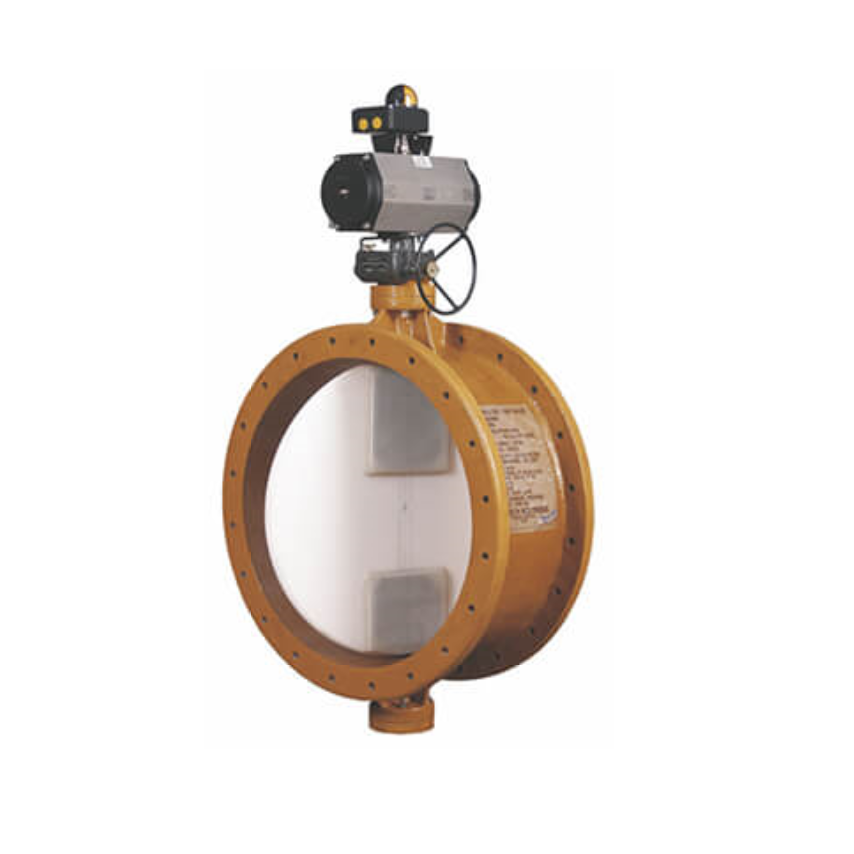 Varous
Varous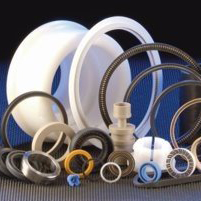 Sealing Materials
Sealing Materials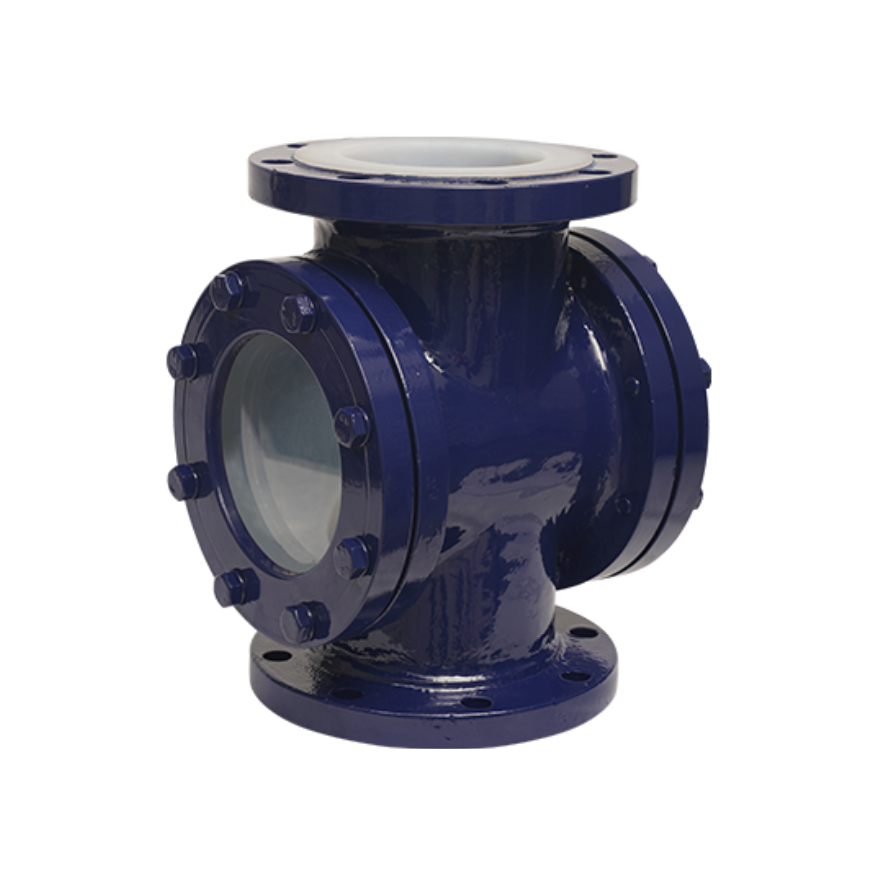 Sight Flow Indicators
Sight Flow Indicators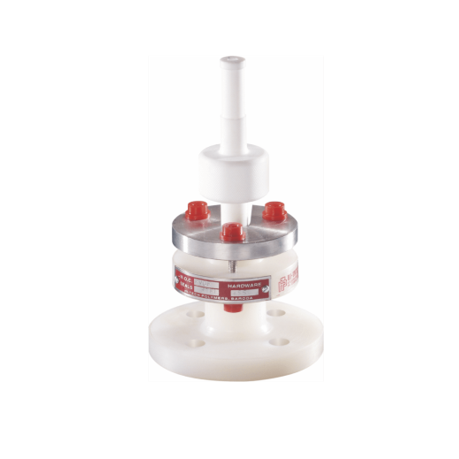 Sampling Valves
Sampling Valves
